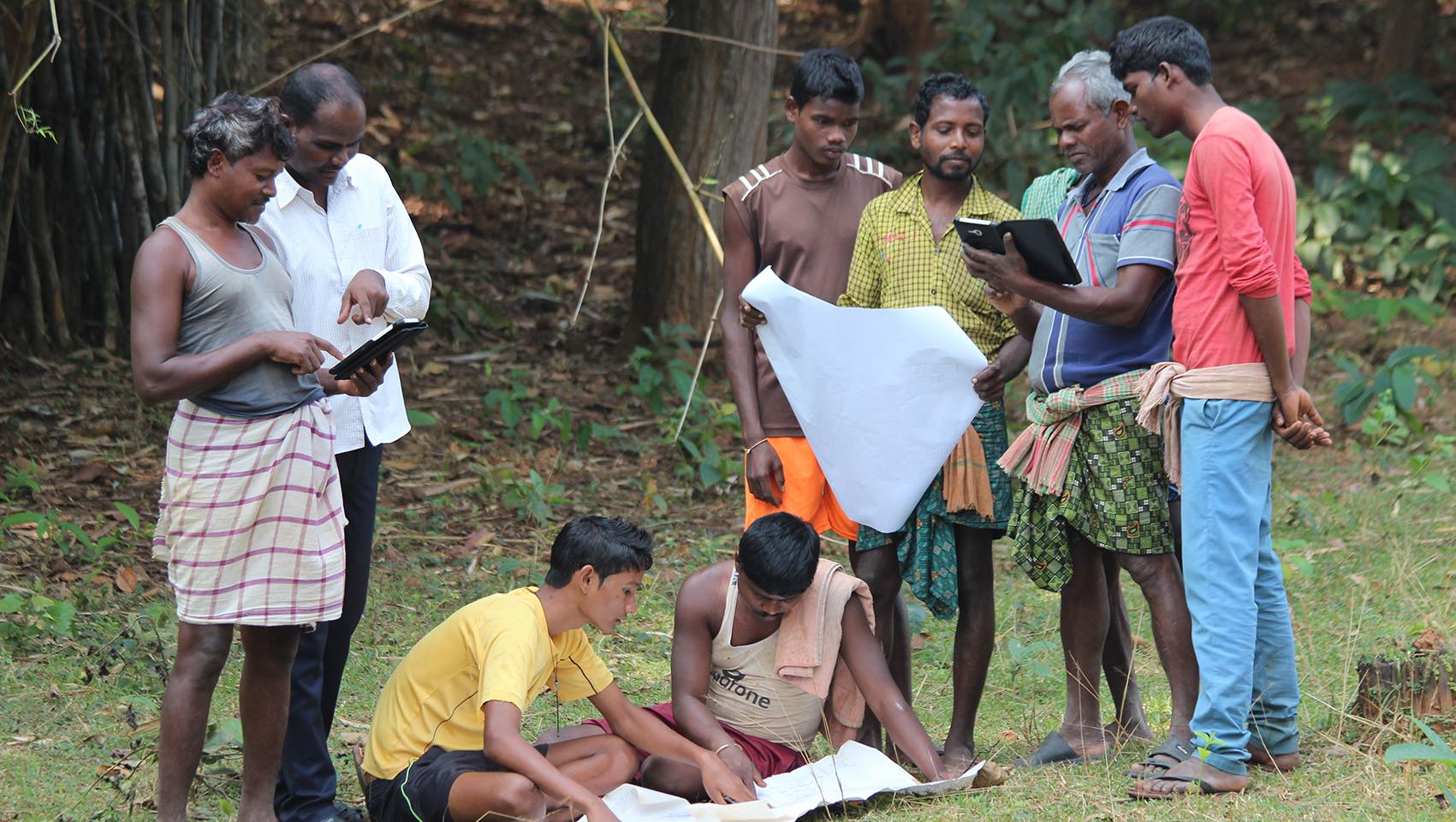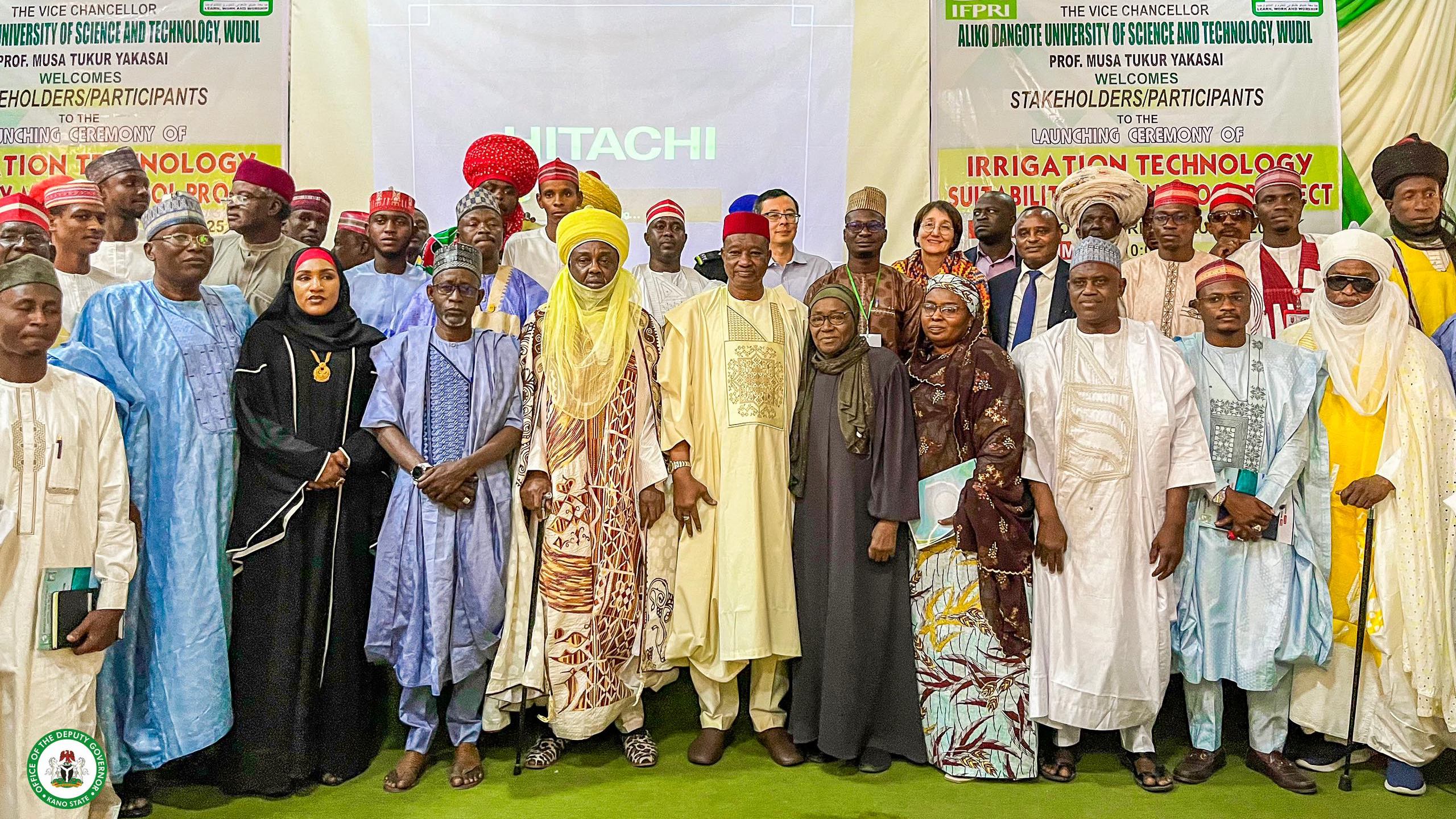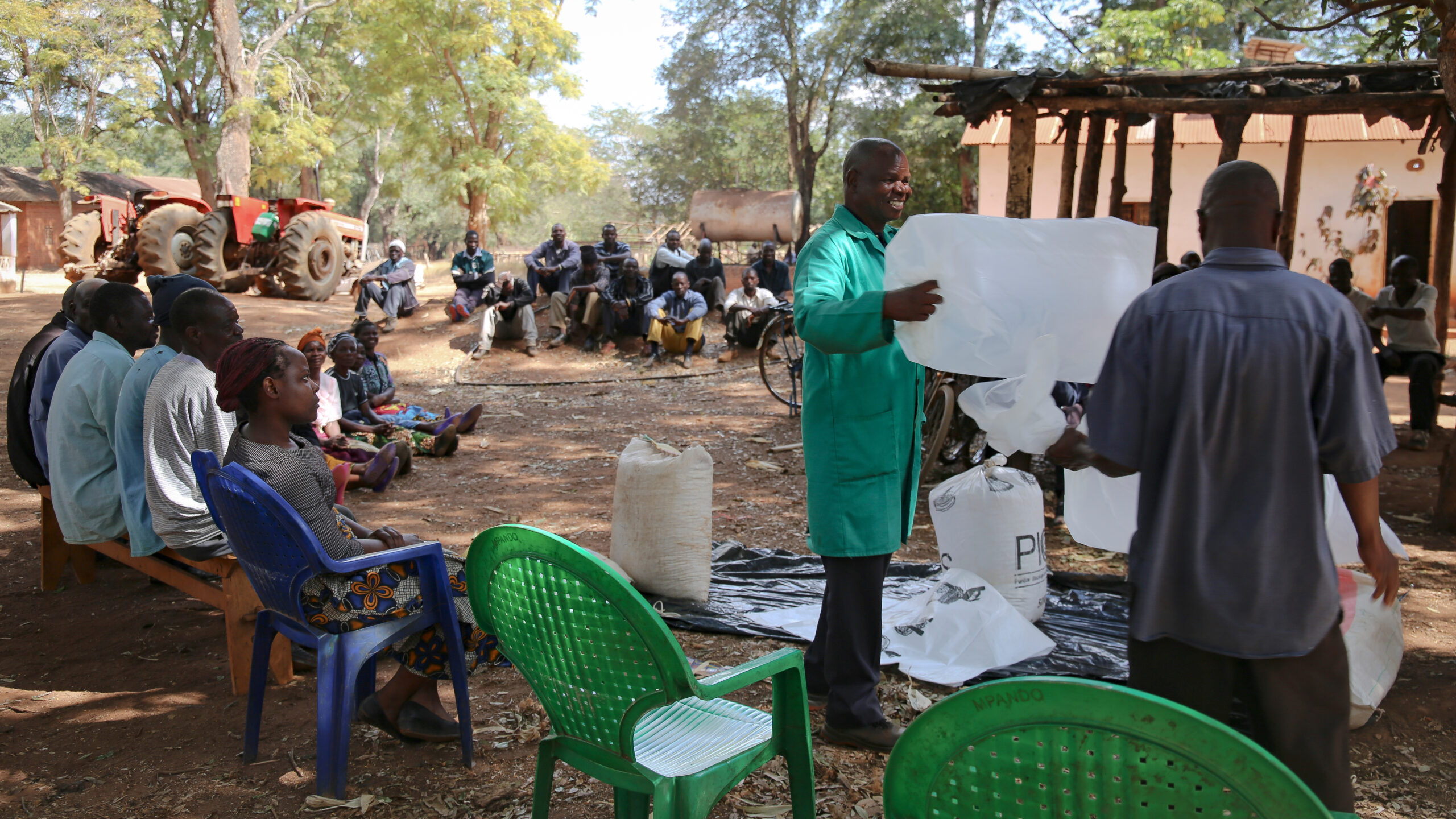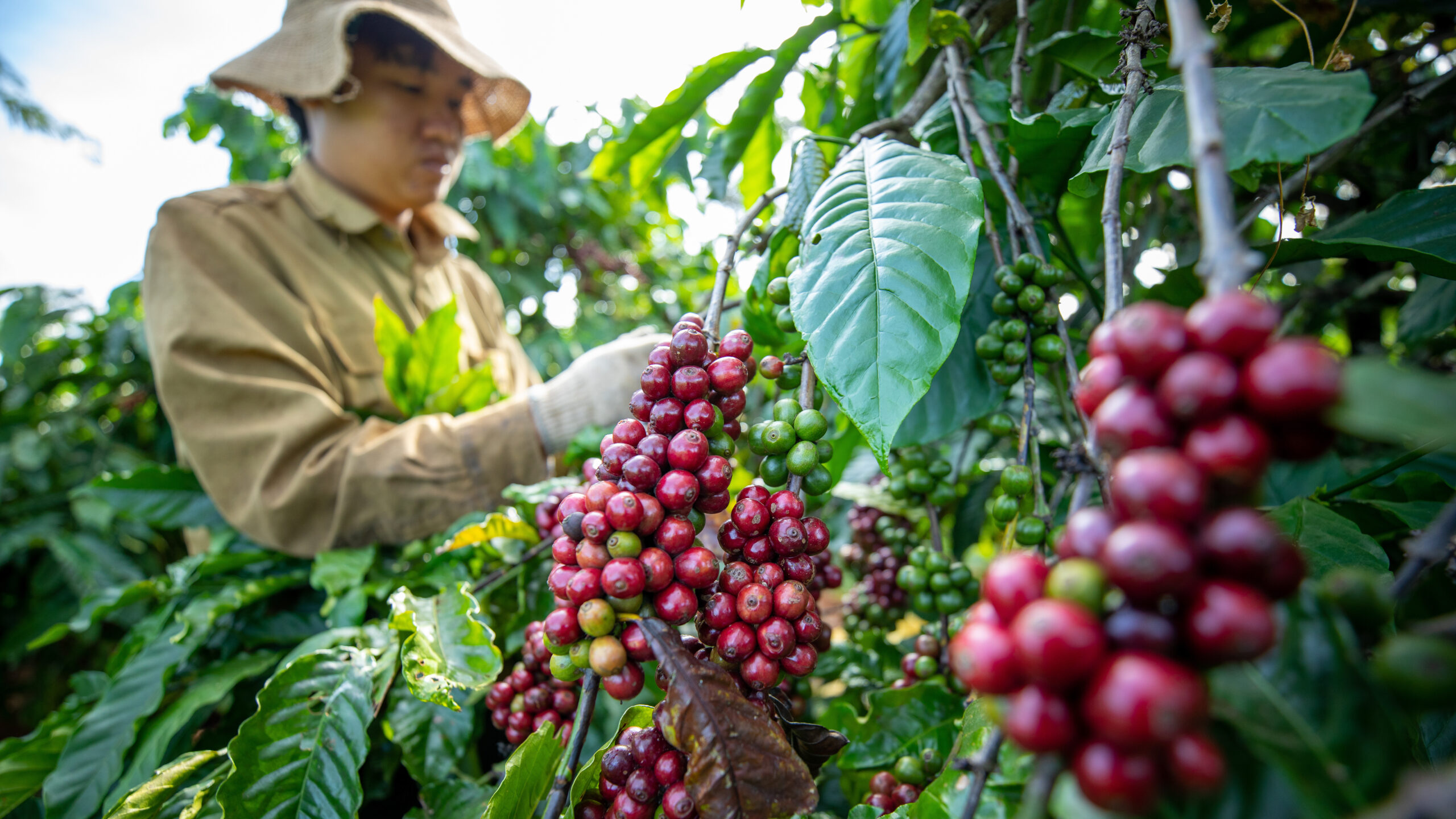Groundwater is a vital common pool resource that supplies nearly half of all water for domestic use, one-quarter of irrigation water, and one-third of industrial water supply globally. Groundwater reserves can buffer against variable rainfall, drought, and mounting climate change impacts. However, many groundwater systems are threatened by problems including depletion, contamination, and waterlogging. Existing institutions are often inadequate to effectively govern a shared resource that is effectively invisible, complex and hard to understand, and used by multitudes of dispersed individuals, and where impacts, such as on baseflows for rivers downstream, may extend across long distances.
While a variety of institutional “tools” (policy instruments) have been used in efforts to improve groundwater governance, examples of success—such as deliberate and effective action to halt or reverse aquifer depletion, prevent pollution, or protect groundwater-dependent ecosystems— are rare and context-dependent.
Research on groundwater governance highlights the potential of promising combinations of approaches and tools. We outline some of these in a recent special issue of the International Journal of the Commons. Rather than either/or choices—top-down vs. bottom-up forms of governance, local knowledge vs. external scientific expertise, formal rules vs. informal cooperation, government vs. community-based approaches—water governance may be more effective when it pursues “both/and” solutions.
Combining approaches and tools in this complementary way can help in achieving shared gains for food, water, energy, and ecosystems. Both-and solutions generate synergies across groups and organizations with a broad potential to improve groundwater governance (Table 1).
Table 1: Six synergies to consider in crafting groundwater governance

These synergies offer useful options for water users, groundwater boards, and others taking part in making and applying institutional “rules of the game” for groundwater governance. This in turn can contribute to shared “nexus gains” for food, water, energy, and ecosystems. By drawing on multiple forms of knowledge, motivation, and agency, the synergies can help people become more effective in working together to govern groundwater. Below we outline the synergies in detail:
Learning from local knowledge and hydrogeology: Local knowledge can form a crucial foundation for understanding groundwater, including local experience and citizen science. However, compared to surface water, the invisibility of groundwater makes it harder to understand how much water is available and how aquifers respond to pumping or recharge. Hydrogeologists can help analyze conditions and management options, including water quality problems such as pollution, salinity, fluoride, and arsenic. Socio-hydrogeology provides ideas, methods, and examples for local people and external scientists to learn together and explore solutions.
Engaging plural values: Humans and ecosystems need water to survive. Access to water is part of the international sustainable development goals. The United Nations recognizes a human right to water, as do many countries. Farmers irrigate crops to grow food and earn income. The many uses and users of water create many motivations and perspectives on the meaning and value of groundwater; identities linked to water and land; shared and conflicting interests; synergies and tradeoffs; cooperation and contestation, reflecting diversity in gender, age, wealth, status, and other social differences. This plurality of meanings raises questions and poses problems including inequalities in power, while also opening up possibilities for engagement and shared learning. Dialogue among stakeholders can help develop mutual understanding about motivations, values, and goals, and, sometimes, the potential for agreeing on creative solutions that meet multiple interests.
Participatory crafting: Current literature on groundwater governance largely accepts the principle of participation: Groundwater users and others affected by groundwater management should have a say in decisions. Stakeholders can contribute to processes that, over time, craft institutions through discussion and deliberate choices, improvisation (bricolage, tinkering), trial and error, social learning, and the politics of legislation and policy processes. Polycentric processes can fit solutions to the scale and scope of various groundwater problems, such as impacts from groundwater abstraction, and the benefits and costs of collective action for sharing access, restricting pumping, recharging aquifers, or protecting or restoring environmental flows. Institutional innovation and learning through action can occur within communities and at larger scales, for example through federations, networks, and multi-stakeholder platforms and processes. Power dynamics and ways to address them influence the equity of multi-stakeholder processes and outcomes.
Recombining old and new institutions. People already govern groundwater through multiple institutions and relationships. Water tenure assessment documents and analyzes existing relationships between people concerning water—including practices, informal institutions, customary rules, and formal laws. Applying water tenure assessment to groundwater would help improve the understanding of how people currently respond to groundwater problems and the existing institutional tools that might be employed in preventing and solving problems.
Norms and rules. Groundwater governance happens within contexts of competing interests, political contestation, and power. Limitations on groundwater use can pose social dilemmas where mutual gains from cooperation conflict with individual incentives. The provision of collective goods often depends on “quasi-voluntary cooperation,” backed by the potential for coercive sanctions, but largely motivated by people’s willingness to cooperate with rules they accept as fair and legitimate. The pursuit of common understanding and consensus about problems, the need for change, and acceptable solutions can be crucial in motivating change, along with rules backed by locally credible sanctions.
Co-management by communities and governments. There are no panaceas for groundwater governance. Examples with some degree of success in controlling groundwater withdrawals mostly involve co-management, with a range of mixtures of local collective action and government institutions. Co-management can combine local knowledge and social capital with government strengths such as financial resources, administrative capacity, and legitimate authority over broader areas. Rather than assuming that government, community, or individual agency alone will be sufficient, it seems wiser to start from the question of how groundwater stakeholders and government organizations can work together to combine institutional tools to create effective groundwater governance.
Ruth Meinzen-Dick is a Senior Research Fellow with IFPRI’s Natural Resources and Resilience Unit; Bryan Bruns is an independent sociologist, researcher, and consultant. Opinions are the authors’.
Acknowledgment: This post incorporates material from Meinzen-Dick and Bruns 2024: “Crafting Combinations to Govern Groundwater: Knowledge, Motivation, and Agency.”
Support for this work was provided by the CGIAR NEXUS Gains Research Initiative.
Referenced paper:
Meinzen-Dick, Ruth S.; and Bruns, Bryan. 2024. Crafting combinations to govern groundwater: Knowledge, motivation, and agency. International Journal of the Commons 18(1): 585–600. https://doi. org/10.5334/ijc.1473







